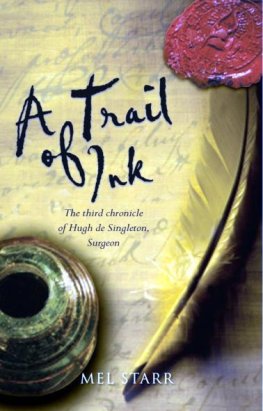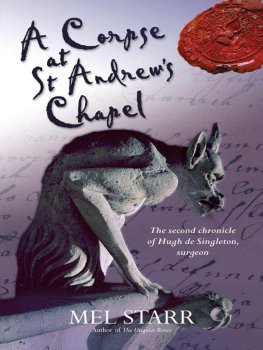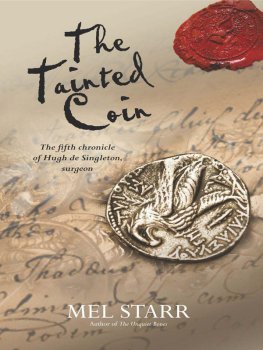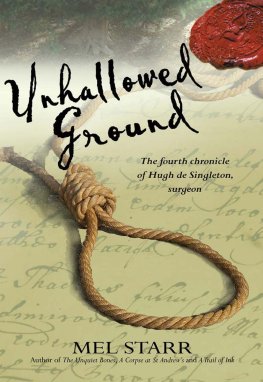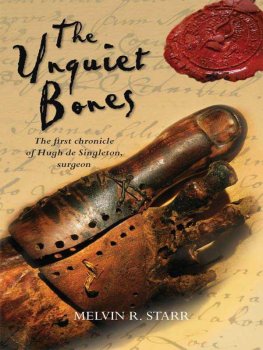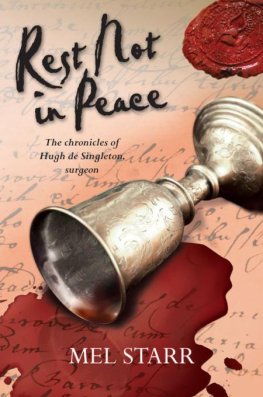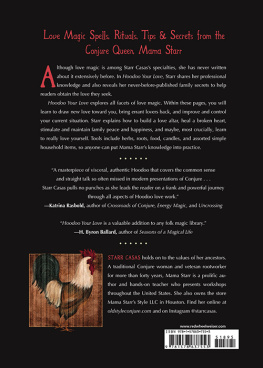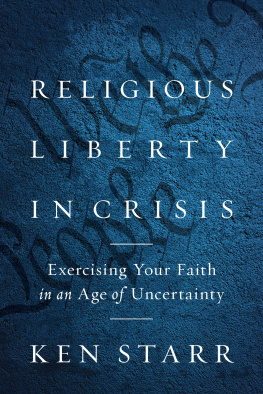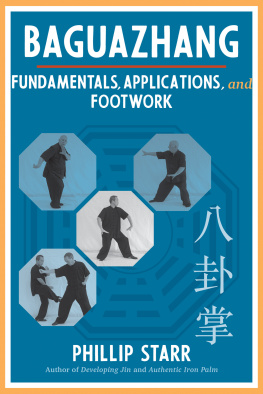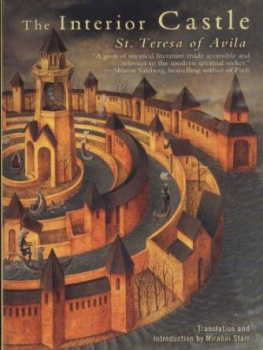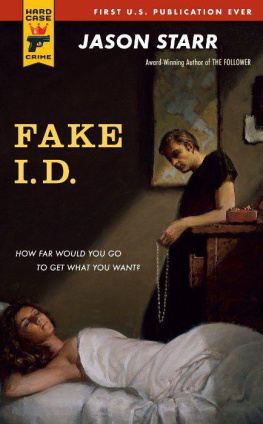Mel Starr - A Trail of Ink
Here you can read online Mel Starr - A Trail of Ink full text of the book (entire story) in english for free. Download pdf and epub, get meaning, cover and reviews about this ebook. year: 0101, genre: Detective and thriller. Description of the work, (preface) as well as reviews are available. Best literature library LitArk.com created for fans of good reading and offers a wide selection of genres:
Romance novel
Science fiction
Adventure
Detective
Science
History
Home and family
Prose
Art
Politics
Computer
Non-fiction
Religion
Business
Children
Humor
Choose a favorite category and find really read worthwhile books. Enjoy immersion in the world of imagination, feel the emotions of the characters or learn something new for yourself, make an fascinating discovery.
- Book:A Trail of Ink
- Author:
- Genre:
- Year:0101
- Rating:4 / 5
- Favourites:Add to favourites
- Your mark:
- 80
- 1
- 2
- 3
- 4
- 5
A Trail of Ink: summary, description and annotation
We offer to read an annotation, description, summary or preface (depends on what the author of the book "A Trail of Ink" wrote himself). If you haven't found the necessary information about the book — write in the comments, we will try to find it.
A Trail of Ink — read online for free the complete book (whole text) full work
Below is the text of the book, divided by pages. System saving the place of the last page read, allows you to conveniently read the book "A Trail of Ink" online for free, without having to search again every time where you left off. Put a bookmark, and you can go to the page where you finished reading at any time.
Font size:
Interval:
Bookmark:
Mel Starr
A Trail of Ink
1
I had never seen Master John Wyclif so afflicted. He was rarely found at such a loss when in disputation with other masters. He told me later, when I had returned them to him, that it was as onerous to plunder a bachelor scholar's books as it would be to steal another man's wife. I had, at the time, no way to assess the accuracy of that opinion, for I had no wife and few books.
But I had come to Oxford on that October day, Monday, the twentieth, in the year of our Lord 1365, to see what progress I might make to remedy my solitary estate. I left my horse at the stable behind the Stag and Hounds and went straightaway to Robert Caxton's shop, where the stationer's comely daughter, Kate, helped attract business from the bachelor scholars, masters, clerks, and lawyers who infest Oxford like fleas on a hound.
My pretended reason to visit Caxton's shop was to purchase a gathering of parchment and a fresh pot of ink. I needed these to conclude my record of the deaths of Alan the beadle and of Henry atte Bridge. Alan's corpse was found, three days before Good Friday, near to St Andrew's Chapel, to the east of Bampton. And Henry, who it was who slew Alan, was found in a wood to the north of the town. As bailiff of Bampton Castle it was my business to sort out these murders, which I did, but not before I was attacked on the road returning from Witney and twice clubbed about the head in nocturnal churchyards. Had I known such assaults lay in my future, I might have rejected Lord Gilbert Talbot's offer to serve as his bailiff at Bampton Castle and remained but Hugh the surgeon, of Oxford High Street.
Kate promised to prepare a fresh pot of ink, which I might have next day, and when she quit the shop to continue her duties in the workroom I spoke to her father. Robert Caxton surely knew the effect Kate had upon young men. He displayed no surprise when I asked leave to court his daughter.
I had feared raised eyebrows at best, and perhaps a refusal. I am but a surgeon and a bailiff. Surgeons own little prestige in Oxford, full of physicians as it is, and few honest men wish to see a daughter wed to a bailiff. There were surely sons of wealthy Oxford burghers, and young masters of the law, set on a path to wealth, who had eyes for the comely Kate. But Caxton nodded agreement when I requested his permission to pay court to his daughter. Perhaps my earlier service to mend his wounded back helped my suit.
I left the stationer's shop with both joy and apprehension. The joy you will understand, or would had you seen Kate and spent time in her presence. I was apprehensive because next day I must begin a thing for which I had no training and in which I had little experience. While at Balliol College I was too much absorbed in my set books to concern myself with the proper way to impress a lass, and none of those volumes dealt with the subject. Certainly the study of logic avoided the topic. Since then my duties as surgeon and bailiff allowed small opportunity to practice discourse with a maiden. And there are few females of my age and station in Bampton.
I made myway from Caxton's shop on Holywell Street to Catte Street and thence to the gate of Canterbury Hall, on Schidyard Street. As I walked I composed speeches in my mind with which I might impress Kate Caxton. I had forgotten most of these inventions by next day. This was just as well.
Master John Wyclif, former Master of Balliol College and my teacher there, was newly appointed Warden of Canterbury Hall. Several months earlier, frustrated at my inability to discover who had slain Alan the beadle and Henry atte Bridge, I had called upon Master John to lament my ignorance and seek his wisdom. He provided encouragement, and an empty chamber in the Hall where I might stay the night, safe from the snores and vermin at the Stag and Hounds.
When I left him those months earlier he enjoined me to call when I was next in Oxford and tell him of the resolution of these mysteries. At the time of his request I was not sure there ever would be a resolution to the business.
But there was, and so I sought Master John to tell him of it, and seek again his charity and an empty cell for the night. The porter recognized me, and sent me to Master John's chamber. I expected to find him bent over a book, as was his usual posture when I called. But not so. He opened the door to my knock, recognized me, and blurted, "Master Hugh they've stolen my books."
The greeting startled me. I peered over the scholar's shoulder as if I expected to see the miscreants and the plundered volumes. I saw Master John's table, and a cupboard where his books were kept. Both were bare. He turned to follow my gaze.
"Gone," he whispered. "All of them."
"Who?" I asked stupidly. Had Master John known that, he would have set after the thieves and recovered the books. Or sent the sheriff to do so.
"I know not," Wyclif replied. "I went to my supper three days past. When I returned the books were gone even the volume I left open on my table."
Master John is not a wealthy man. He has the living of Fillingham, and the prebend of Aust, but these provide a thin subsistence for an Oxford master of arts at work on a degree in theology. The loss of books accumulated in a life of study would be a blow to any scholar, rich or poor.
"The porter saw no stranger enter or leave the Hall while we supped," Wyclif continued. "I went next day to the sheriff, but Sir John has other matters to mind."
"Sir John?"
"Aye. Roger de Cottesford is replaced. The new high sheriff is Sir John Trillowe."
"He offered no aid?"
"He sent a sergeant 'round to the stationers in the town, to see did any man come to them with books he offered to sell. Two I borrowed from Nicholas de Redyng. He will grieve to learn they are lost."
"And the stationers they have been offered no books?"
"None of mine missing. And Sir John has no interest, I think, in pursuing my loss further."
The colleges have always wished to rule themselves, free of interference from the town and its government. No doubt the sheriff was minded to allow Canterbury Hall the freedom to apprehend its own thief, without his aid or interference.
"How many?"
"My books? Twenty and the two borrowed."
I performed some mental arithmetic. Master John read my thoughts.
"The books I borrowed from Master Nicholas one was Bede's Historia Ecclesiastica, worth near thirty shillings. One of mine was of paper, a cheap-set book, but the others were of parchment and well bound."
"Your loss is great, then. Twenty pounds or more."
"Aye," Wyclif sighed. "Four were of my own devising. Some might say they were worth little. But the others Aristotle, Grossteste, Boethius, all gone."
Master John sighed again, and gazed about his chamber as if the stolen books were but misplaced, and with closer inspection of dark corners might yet be discovered.
"I am pleased to see you," Master John continued. "I had thought to send for you."
"For me?"
"Aye. I have hope that you will seek my stolen books and see them returned to me."
"Me? Surely the sheriff"
"Sir John is not interested in any crime for which the solution will not bring him a handsome fine. Rumor is he paid King Edward sixty pounds for the office. He will be about recouping his investment, not seeking stolen books.
"And you are skilled at solving mysteries," Wyclif continued. "You found who 'twas in Lord Gilbert's cesspit, and unless I mistake me, you know by now who killed your beadle and the fellow found slain in the forest. Well, do you not?"
"Aye. It was as I thought. Henry atte Bridge, found dead in the wood, slew Alan the beadle. Alan had followed him during the night as Henry took a haunch of venison poached from Lord Gilbert's forest, to the curate at St Andrew's Chapel."
Font size:
Interval:
Bookmark:
Similar books «A Trail of Ink»
Look at similar books to A Trail of Ink. We have selected literature similar in name and meaning in the hope of providing readers with more options to find new, interesting, not yet read works.
Discussion, reviews of the book A Trail of Ink and just readers' own opinions. Leave your comments, write what you think about the work, its meaning or the main characters. Specify what exactly you liked and what you didn't like, and why you think so.

